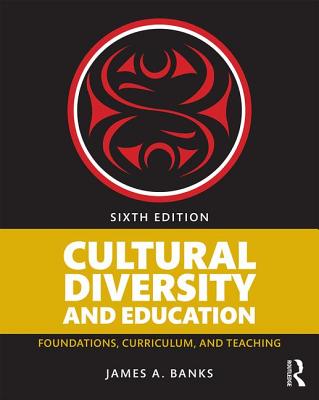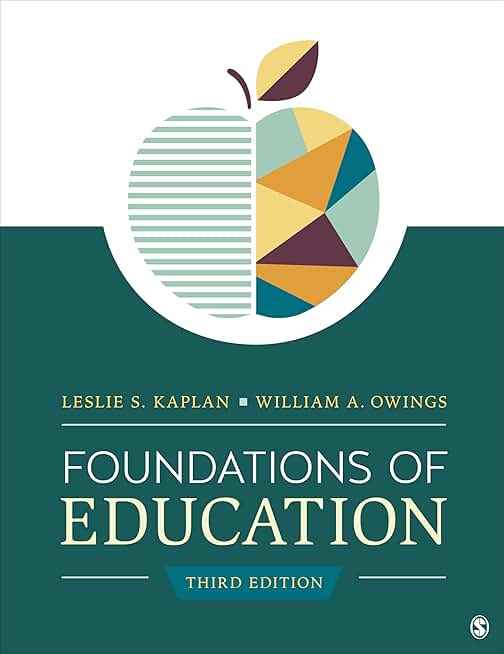
Banks, James A.
In the opening chapter author Banks presents his well-known and widely used concept of Dimensions of Multicultural Education to help build an understanding of how the various components of multicultural education are interrelated. He then provides an overview on preparing students to function as effective citizens in a global world; discusses the dimensions, history, and goals of multicultural education; presents the conceptual, philosophical, and research issues related to education and diversity; examines the issues involved in curriculum and teaching; looks at gender equity, disability, giftedness, and language diversity; and focuses on intergroup relations and principles for teaching and learning.
This new edition incorporates new concepts, theories, research, and developments in the field of multicultural education and features:
- A new Chapter 5, "Increasing Student Academic Achievement: Paradigms and Explanations" provides important explanations for the achievement gap and suggests ways that educators can work to close it.
- A new Chapter 7, "Researching Race, Culture, and Difference," explains the unique characteristics of multicultural research and how it differs from mainstream research in education and social science.
- A new Chapter 14, "Principles for Teaching and Learning in a Multicultural Society" contains research-based guidelines for reforming teaching and the school in order to increase the academic achievement and social development of students from diverse racial, ethnic, cultural, language, and gender groups.
- A new Appendix--"Essential Principles Checklist"--designed to help educators determine the extent to which practices within their schools, colleges, and universities are consistent with the research-based findings described in the book.







